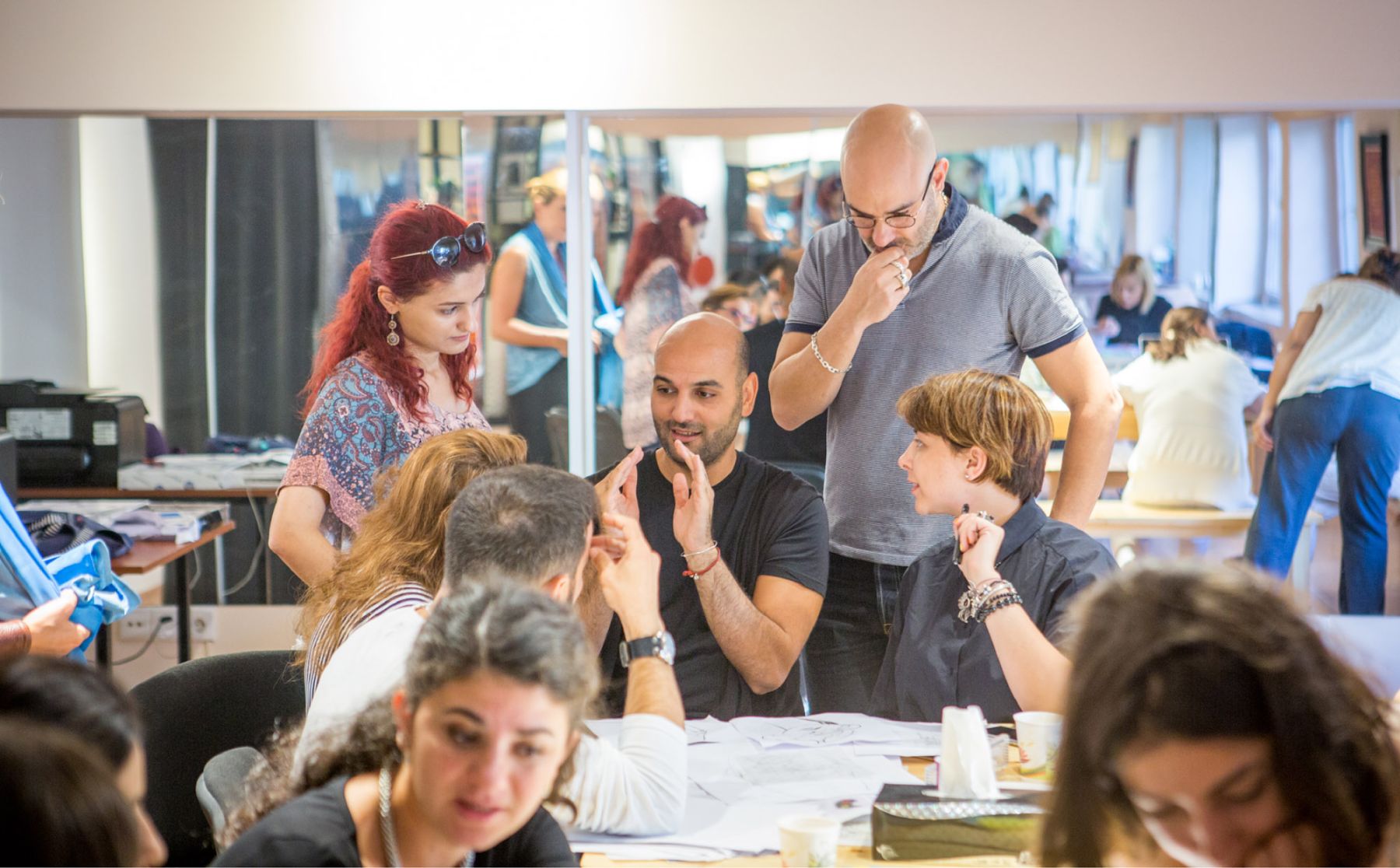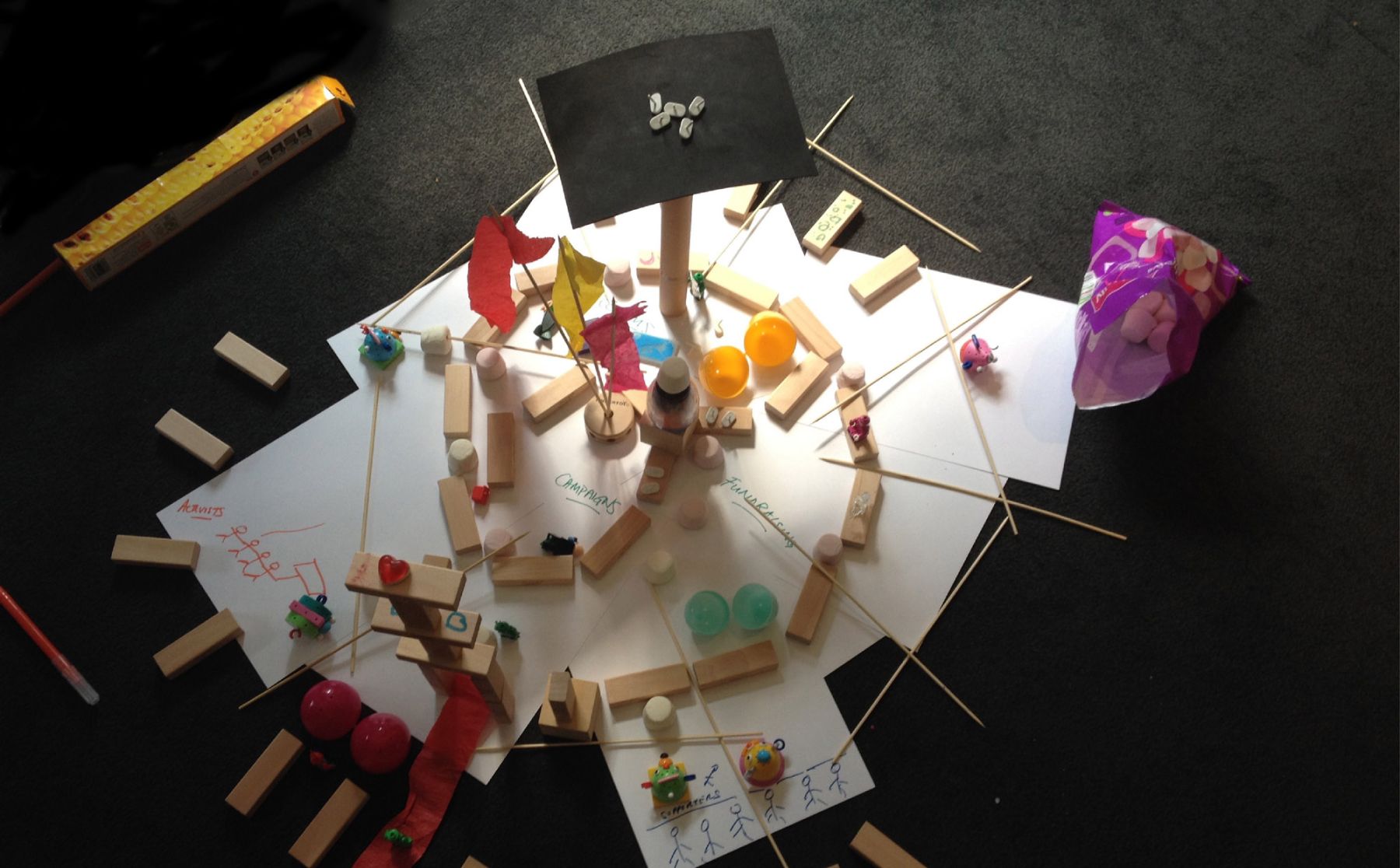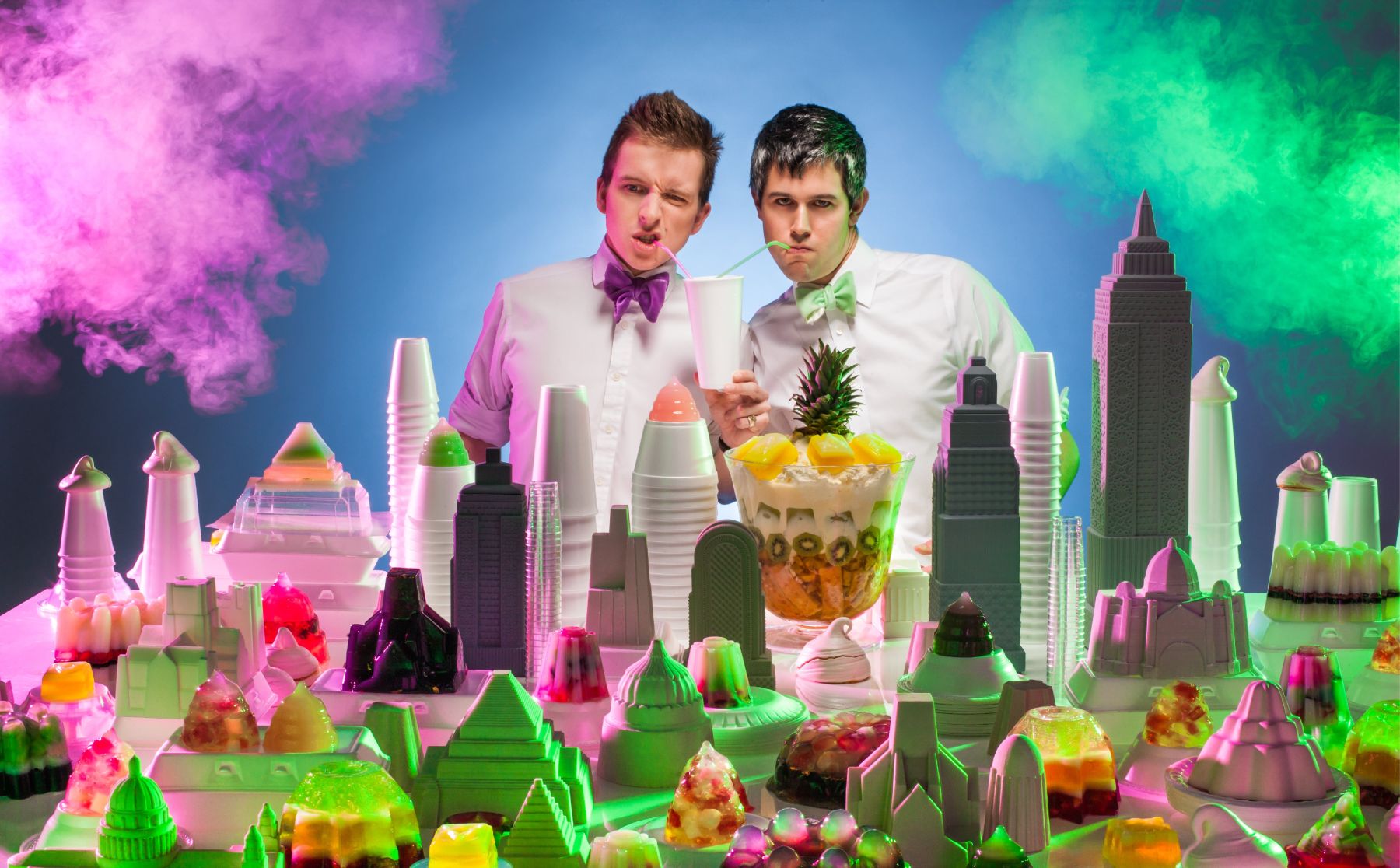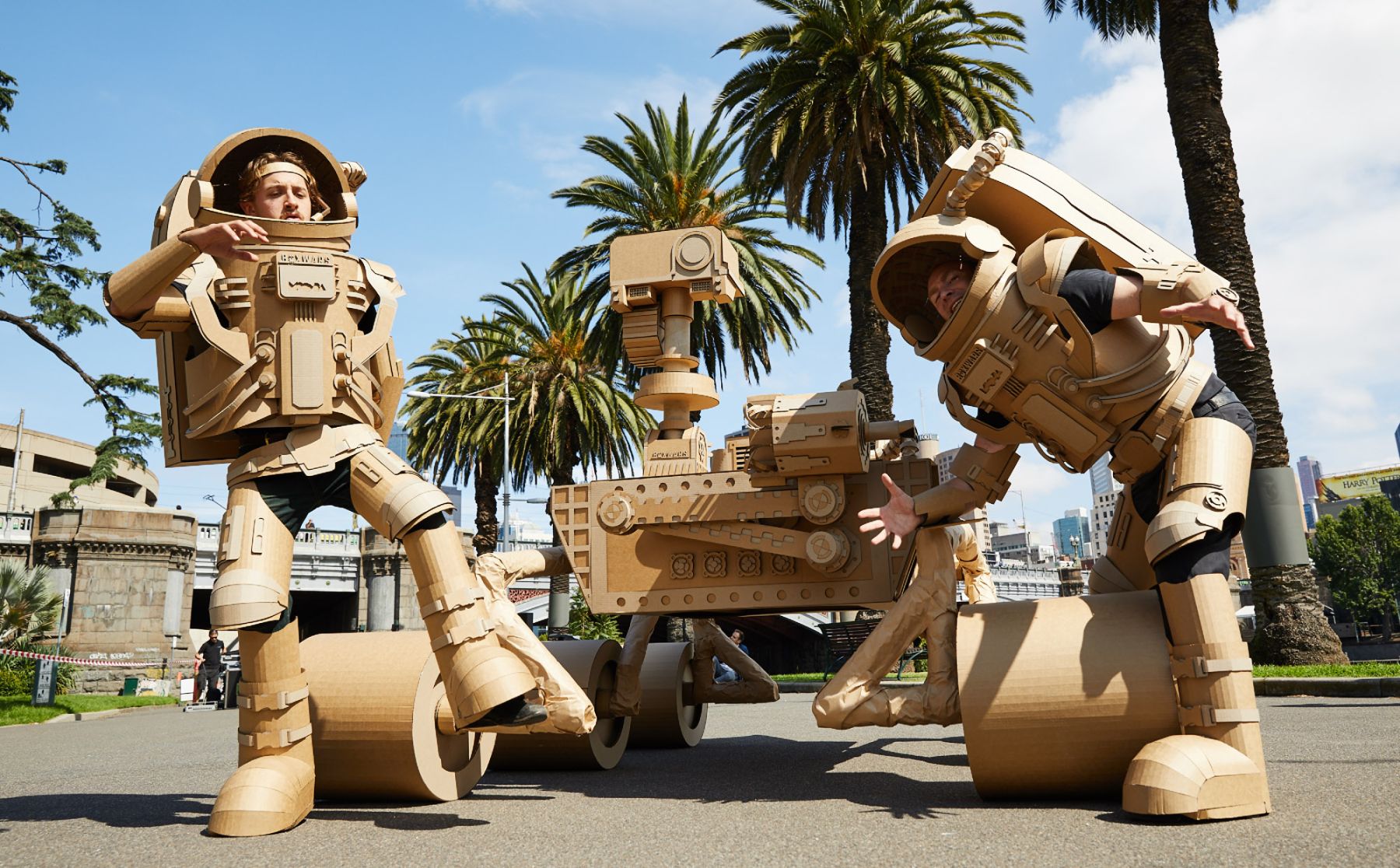We breathe in oxygen and exhale carbon dioxide. In short: O2 goes in and CO2 comes out. Fortunately for us, it goes the other way for plants: They take in oxygen and put out carbon dioxide. In other words, on a broad scale, animals and plants have a symbiotic relationship. Most people think trees are the biggest source of oxygen, when, in fact, phytoplankton and marine plants are responsible for about 70% of the world’s oxygen. Phytoplankton are tiny plants that live in our oceans – but they play an oversize role in the Earth’s ability to maintain a healthy environmental balance. They are also the base of the oceanic food chain so most marine life would not exist without them. Global climate change has led to the warming of our oceans which in turn has killed off 40% of the world’s phytoplankton since 1950.
The exhibition Terra, now on view at the King Abdulaziz Center for World Culture, Ithra, dives deep into the plight of phytoplankton and other environmental challenges facing the world: biodiversity loss, microplastics in the food chain, water pollution and air quality. Terra may be focused on tough subjects, but it offers solutions that are empowering to people and, as an exhibition, it is engaging, fun and exciting. It shares information and the beauty of nature through virtual reality, state-of-the-art projections, fascinating installations and extended reality. And the exhibition is staged mostly with reused and repurposed materials. Doesn’t this sound like a model for the global conversations about environmental sustainability and climate change? Offer solutions when we talk about problems and never forget the enthralling beauty of the world around us.
Consider this: The coral reef in the Red Sea is among the longest continuous living reefs on Earth. At the moment, however, it is suffering from increased plastic waste, overfishing (trawling in particular) and marine pollution. Coral reefs cover only 1% of the ocean floor, but are home to more than 25% of all marine wildlife.
What can we do? Keep in mind that one drop of chemical sunscreen can contaminate an entire coral reef, so, if you use sunscreen when you go to the beach, use reef-safe sunscreen. Don’t forget your reusable bags when you go to the store. Don’t litter. And keep in mind that you are not helpless when it comes to the world’s environmental challenges. Every one of us can make a difference.
Words by Daniel Kany








